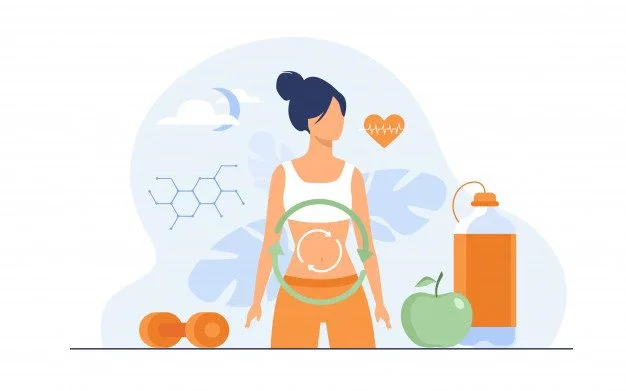
While staying hydrated is crucial for overall health, there are indeed certain times when it's advisable to avoid drinking water, despite feeling thirsty. These situations vary depending on individual circumstances, environmental factors, and health conditions. Here are some instances where abstaining from water intake might be warranted:
1. **Before Bed**: Consuming large amounts of water before bedtime can disrupt sleep patterns by increasing the need to urinate during the night. It's generally recommended to limit fluid intake at least an hour before going to bed to prevent sleep disturbances.
2. **During Meals**: Drinking water during meals can dilute digestive enzymes and stomach acids, potentially impairing the digestion process. While sipping small amounts of water with meals is generally fine, excessive consumption can lead to bloating and discomfort.
3. **While Exercising Intensely**: Although hydration is essential during exercise, drinking too much water during intense physical activity can cause hyponatremia, a condition characterized by dangerously low sodium levels in the blood. It's essential to balance fluid intake with electrolyte replenishment during prolonged or vigorous exercise sessions.
4. **After Eating Spicy Foods**: Consuming water immediately after eating spicy foods can spread the heat throughout the mouth and throat, intensifying the burning sensation. Instead, dairy products like milk or yogurt are more effective at soothing the heat by binding to the spicy compounds.
5. **When Experiencing Water Intoxication Symptoms**: Symptoms of water intoxication, such as nausea, headaches, confusion, and in severe cases, seizures and coma, require immediate medical attention. In such instances, avoiding further water intake is crucial until medical assistance can be obtained.
It's essential to listen to your body's cues and consult with healthcare professionals for personalized advice on hydration. While water is vital for survival, knowing when to abstain from drinking it can help maintain overall well-being and prevent potential health complications















Comments